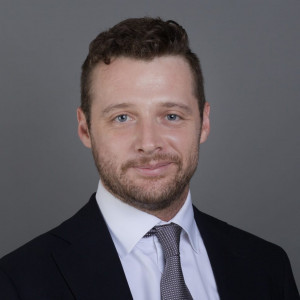I have a change management case coming up. From what I hear, the case is very much a pure human capital case with very little focus on numbers etc. As such, normal brackets for a case framework don't really apply (such as market size etc.).
Can anyone propose some focus points for a case structure I can keep in mind?













